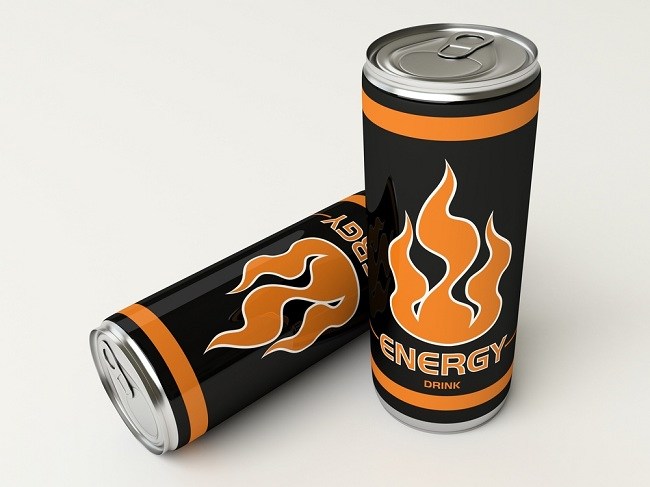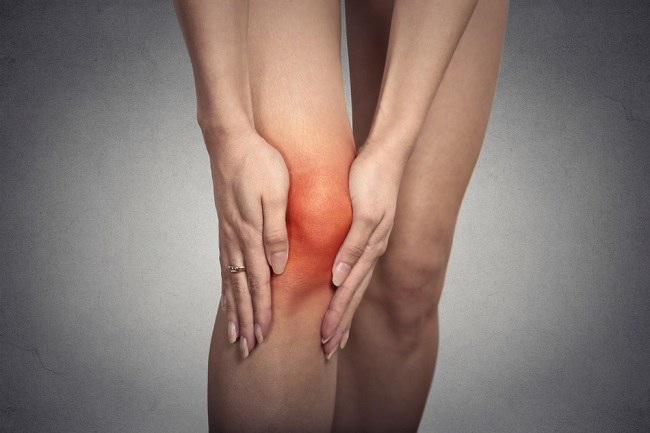Does heartburn often interfere with your fasting? Do not worry! Do the following fasting tips for heartburn sufferers, so you can fast comfortably.
Heartburn or dyspepsia is a term for a number of uncomfortable symptoms in the upper abdomen, such as a burning stomach, abdominal bloating, bloating, and a burning sensation in the pit of the stomach. Various factors can trigger the recurrence of heartburn, including irregular eating patterns, eating gassy foods, stress, and emotions.

Do this Fasting Tips for Ulcer Patients
Fasting during the month of Ramadan can indeed be difficult for people with heartburn who are often advised not to skip meals. But, that doesn't mean people with heartburn can't fast.
If you have heartburn, do the following tips while fasting, so that your fasting is smooth:
1. Eat moderately at dawn and iftar
Eating too much at one time can make the stomach work harder. This can trigger complaints in the form of stomach bloating and feeling full. Therefore, at dawn and iftar, eat slowly and in sufficient quantities. Avoid eating large amounts at one time.
When breaking the fast, start by eating light food first, then continue with a big meal. If you're still hungry after breaking the fast, for example after the tarawih prayer, just eat a healthy light snack, such as bananas, granola, or biscuits.
2. Don't eat in a hurry
During fasting, sometimes you may wake up late at dawn. But remember, do not rush to finish the food. Also, avoid eating while chatting.
The habit of eating too fast, especially while chatting, can make a lot of air into the digestive tract and trigger heartburn. Therefore, try to wake up earlier, so you can eat sahur quietly and slowly.
3. Avoid foods that trigger heartburn
As much as possible avoid eating foods that have the potential to trigger heartburn, both at dawn and iftar. Examples are foods that are too fatty, ready-to-eat foods, such as sausages and pizza, pickles, and foods that are too acidic.
Likewise with drinks, choose drinks that do not contain caffeine and soda, to avoid the appearance of heartburn complaints.
4. Choose the right meal
When breaking the fast and sahur, choose dishes that are suitable for people with heartburn, such as rice and oatmeal. The type of carbohydrates contained in this food can reduce the risk of ulcer complaints, because it can absorb excess stomach acid. In addition, drink plenty of mineral water to help the digestive system work in processing food.
Eat non-sour fruit, such as apples, bananas, and pears; and low-fat meats, such as chicken breast and fish. In addition, it is recommended to cook food by baking, steaming, or boiling. It is better not to process food by frying, so that the oil content in the food is not high.
5. Avoid sleeping after eating
After suhoor, you may still be sleepy and want to go back to sleep. However, you should not go to bed immediately after eating. This is because going to bed immediately after eating can also trigger heartburn.
But if the drowsiness is unbearable, you can sleep in a half-sitting position. So, the position of the head and shoulders remains higher than the stomach. The trick is to support your head and shoulders with a pile of pillows. This position can prevent food from returning to the esophagus.
6. Control your emotions
While fasting, try to control your emotions as much as possible and manage the stress you are experiencing in a positive way. This is because the purpose of fasting is not only to withstand hunger, but also lust, such as angry and sad emotions. In addition to rewarding, this can reduce the risk of stomach ulcers.
The trick, take a break if you're tired, and do some relaxation techniques, breathing exercises, or yoga when you feel stressed.
If complaints still appear even though you have implemented fasting tips for people with heartburn as described above, you should consult a doctor to get the right treatment.









